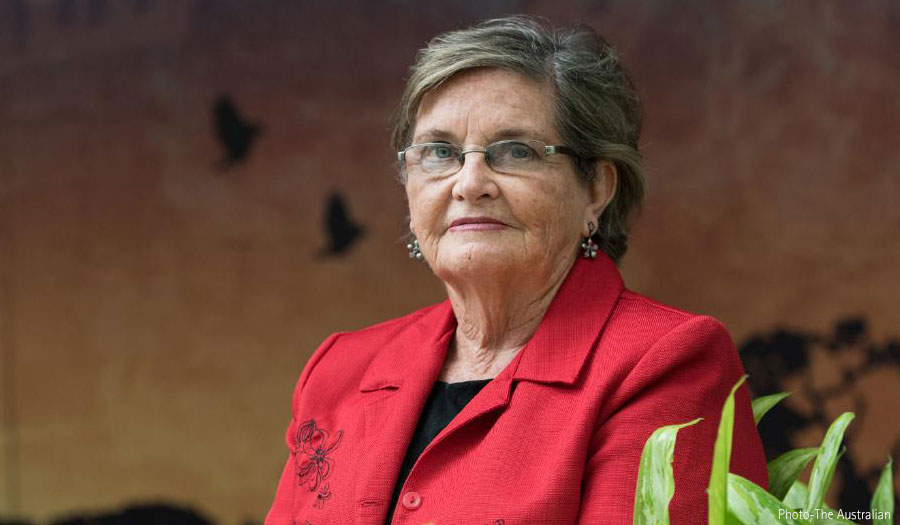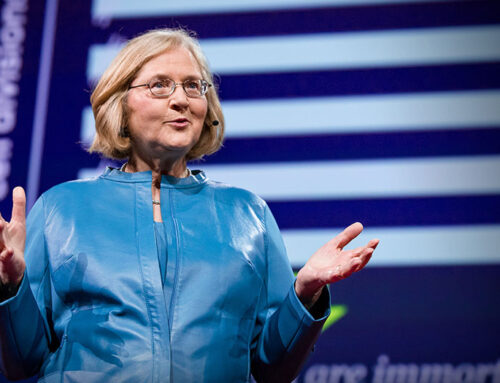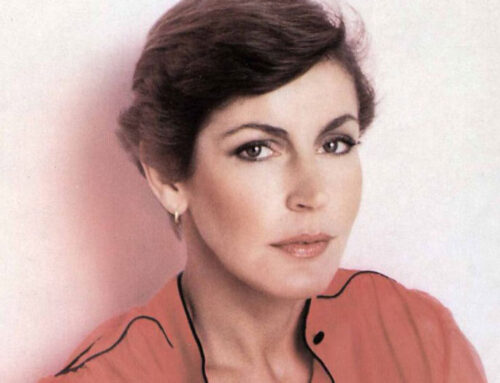Carol Millwater was born in Brisbane in 1948. Originally trained as a teacher, Carol’s life was transformed when she met her future husband Buri Kidu, a young boy on a colonial scholarship from Papua New Guinea, on a school camp in the 1960s. Despite the social norms of the time, Carol and Buri married and relocated to Port Moresby, PNG where Carol learned to live a traditional village life while raising six children.
Buri Kidu was knighted in 1980 upon his appointment as the first indigenous Chief Justice of Papua New Guinea. Now Lady Kidu, Carol worked as a teacher wrote school textbooks. In 1994 her husband died suddenly of a heart attack. Lady Kidu entered politics in 1997 as an independent candidate and was elected Member of Parliament for the Port Moresby South constituency.
As a member of PNG’s parliament for three terms (and the only female member for two), Lady Kidu was a driving force behind a number of important legislative reforms including the repeal of the colonial Child Welfare Act, changes to the Criminal Code on rape and sexual assault, and new legislation on child sexual abuse and sexual exploitation of children.
Policy reforms initiated by Lady Kidu include the community-based policy for people with disability, revised National Youth policy, sports for development policy, informal economy policy and a revised policy on gender. She also established the Parliamentary Committee on HIV and AIDS and the PNG Parliamentarians on Population and Development. She retired from politics in 2012.
International honours for her work include Dame Commander of the Order of the British Empire in 2005 and Knight of the Legion d’honneur by France in 2009. Her autobiography (2002) is titled A Remarkable Journey.




